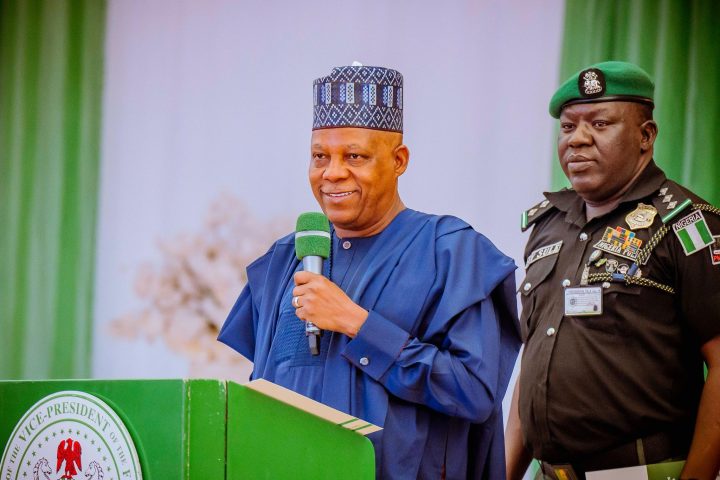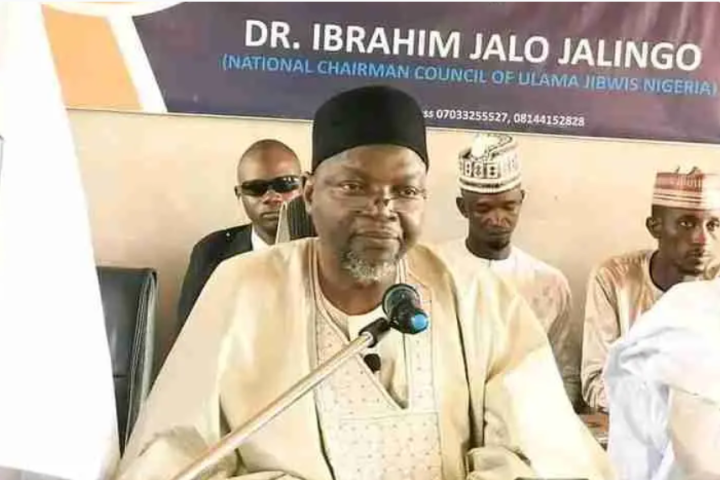By Olugbenga Oke
Intellectuals play a crucial role in shaping societies’ trajectory, particularly through their engagement in political discourse. Their ability to influence policy, drive societal change, and inspire public engagement stems from a deep reservoir of knowledge and critical thinking. In governance, intellectuals act as guiding forces, offering insights that shape political development. By analyzing issues, proposing solutions, and encouraging civic participation, they foster transparency and accountability, essential ingredients for a thriving democracy.
In Nigeria, Dakuku Peterside is a prominent intellectual whose contributions to political discourse have had a defining influence. Peterside consistently addresses the pressing challenges facing the nation through his weekly commentaries, providing a platform for public engagement and political reflection. His voice echoes across political spaces, clarifying governance issues and national development. Peterside’s engagement exemplifies the power of intellectuals to serve as intermediaries between the government and the populace, translating complex issues into digestible narratives that resonate with the public.
Join our WhatsApp ChannelPeterside’s work revolves around key themes that highlight the intricate relationship between politics, public engagement, and responsible critique. One of his primary focus is the importance of active public participation in governance. He emphasises that political systems thrive when citizens are involved in the democratic process, reinforcing that governance is not the sole responsibility of political leaders but a collective effort that requires societal involvement. His commentaries often stress that public engagement is not just essential, but empowering, as it is the key to holding leaders accountable and fostering an environment of transparency.
In addition to advocating civic participation, Peterside underscores the value of responsible critique. He maintains that intellectuals must approach political analysis with a sense of balance and purpose. While critique is necessary, it should not be destructive but instead offer practical solutions that contribute to the nation’s growth. Peterside’s approach reflects a nuanced understanding of governance, where constructive dialogue leads to progress. His writings reveal an unwavering belief in the power of intellectual discourse to drive reform, positioning critique as a tool for development rather than mere opposition.
Another recurring theme in Peterside’s work is the interconnectedness between governance and societal involvement. He consistently highlights the idea that political leadership must reflect the will and aspirations of the people. In his view, governance should reflect collective interests achieved through continuous dialogue between leaders and citizens. This belief reinforces that intellectual engagement is vital for bridging the gap between the public and policymakers, ensuring that governance remains inclusive and responsive.
Peterside’s contributions are particularly relevant to addressing Nigeria’s contemporary challenges. His commentaries shed light on corruption, economic instability, and inefficiencies within the public sector. Peterside plays a critical role in fostering national awareness and encouraging reforms by bringing these matters to the forefront. His insights give policymakers a clearer understanding of public sentiment, allowing for more informed decision-making processes.
As Nigeria grapples with socio-political and economic complexities, the role of intellectuals like Dakuku Peterside becomes even more significant. His voice is a beacon, guiding national discourse and promoting informed debate. Peterside’s writings not only shape policy directions but also inspire civic participation and foster national development. His dedication to political engagement exemplifies the transformative power of intellectuals in addressing the country’s most pressing issues.
On 31st December, Peterside’s birthday, we celebrate his remarkable contributions to political discourse and the broader role of intellectuals in shaping Nigeria’s political landscape. This day is not just a recognition of Peterside’s achievements but an acknowledgement of the vital importance of intellectuals in governance and society. It serves as a reminder of the enduring impact that thought leaders can have in driving societal progress and inspiring the next generation of intellectuals to participate in political conversations actively. Peterside’s life and work stand as a testament to the lasting influence of intellectual engagement in pursuing national advancement.


















Follow Us